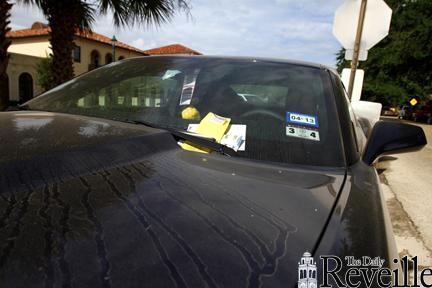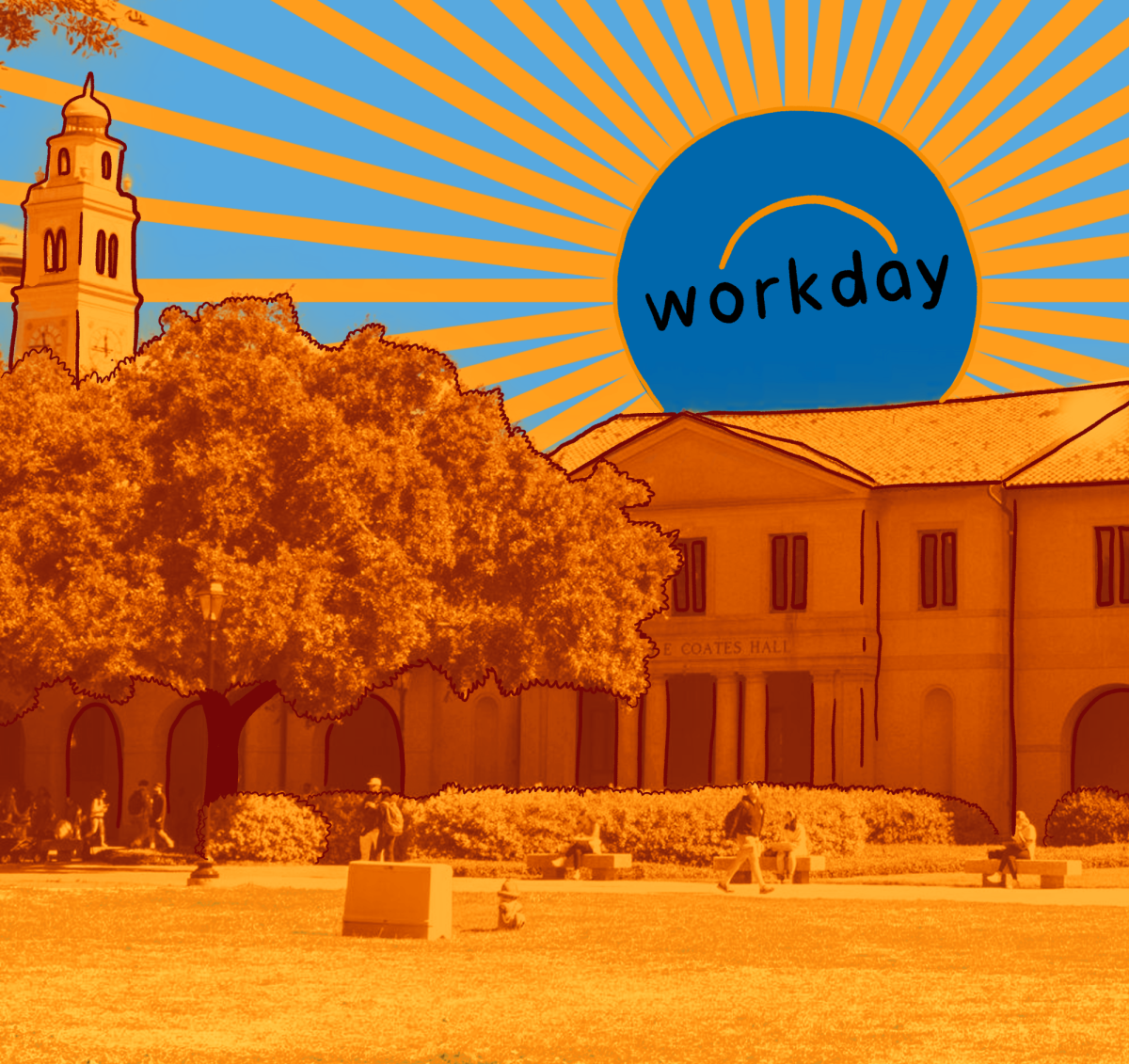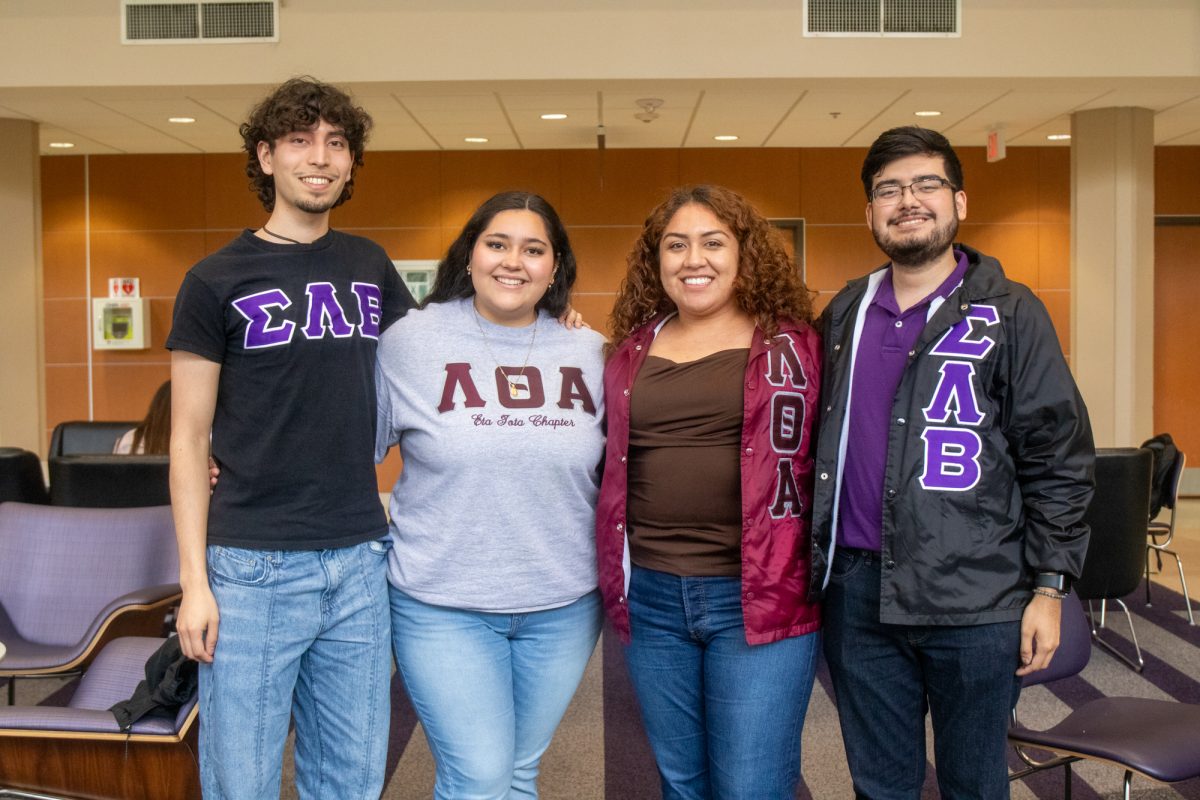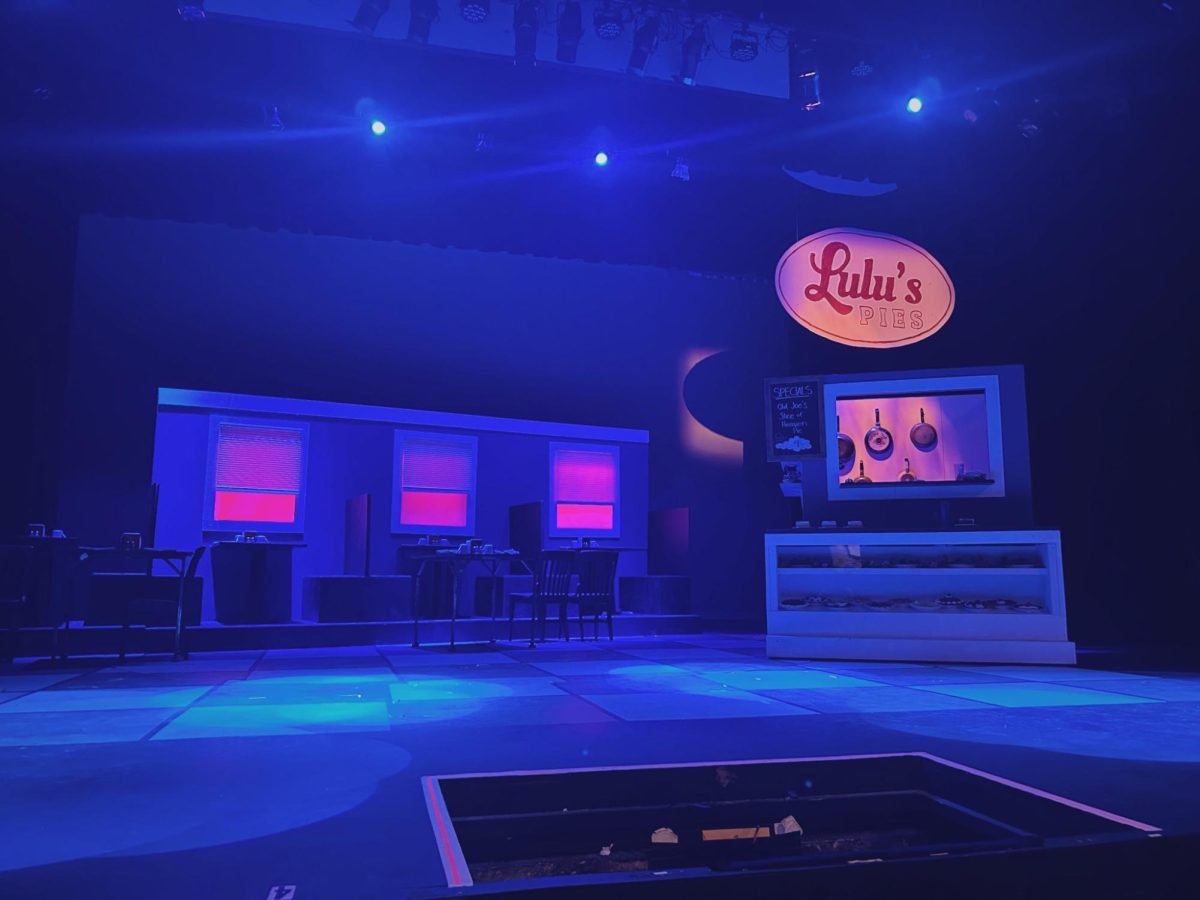At the end of a long day of class, the last thing students want to find on their windshield is a pesky yellow envelope, compliments of Parking and Transportation Services.
However, with the parking bedlam consuming campus daily, many students find them tough to avoid.
Luckily for students, they can find refuge in Parking and Transportation Services’ parking appeals process, run by the justice branch of Student Government.
Andrew Nelson, SG associate justice and parking appeals board chair, said that over the past couple of months, changes implemented in the parking appeals process will help students appeal and avoid tickets.
Nelson said that although the parking appeals system is already fairly straightforward, the biggest change to the process is that the board wants to encourage students to appeal their case in person.
“I really want more students to come in and state their case,” Andrew said. “I really think it changes the way the board takes the case.”
The parking appeals board, made up of between 10 and 15 student volunteers, meets weekly to review parking appeals submitted through the online database.
The most common excuses are things like “I can’t pay” or “I was only parking in the handicap spot for five minutes,” or “There was nowhere else to park,” said Kiara Dorion, ISDS junior and parking appeals board member.
These typical excuses are quickly dismissed. However, unique situations that stand out to the board are pulled from the pool of excuses and discussed, Nelson said.
After examining an appeal, the board votes to sustain it, reduce the fine or grant the appeal.
As for students who claim there was no other parking available, both Nelson and Gary Graham, director of Parking and Transportation Services, said there is not enough “convenient parking” where people want to go on campus.
“If you come [to campus] at 11:30 [a.m.] on Wednesday, you’re going to have to walk,” Nelson said.
Nelson said the appeals board tries to accommodate students’ various situations, be it that they are a freshman coming to campus for the first time, a commuter confused about parking changes due to construction or a student driving a friend’s car.
For example, Nelson said there was widespread confusion among commuters trying to park in the Hart Lot, which was changed to strictly residential parking at the beginning of the semester.
However, as of Sept. 25, the Hart Lot is open to both residents and commuters, Nelson said.
Other parking “hot spots” include yellow curb tickets in the Ag Lot near Parker Coliseum where students attempt to make their own spots, Nelson said.
“Some things are common sense,” Dorian said. “But if you take a little bit more time out to park, you can avoid the whole
situation.”
Similarly, if students are willing to take time out of their schedule to appeal their ticket in person, Nelson said the board is much more likely to grant their appeal.
Students wishing to appeal a ticket in person should attend their hearing, which will be held during the parking appeals board weekly meeting. The date for students’ individual hearings will be provided via email after making an initial appeal using the online
appeal process.
Parking appeals board encourages students to make their case
October 28, 2013

A navy blue Chevrolet Camaro decorates the “No Parking” curb Friday in front of the East Laville Honors House.









